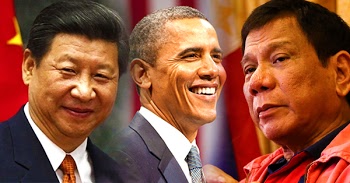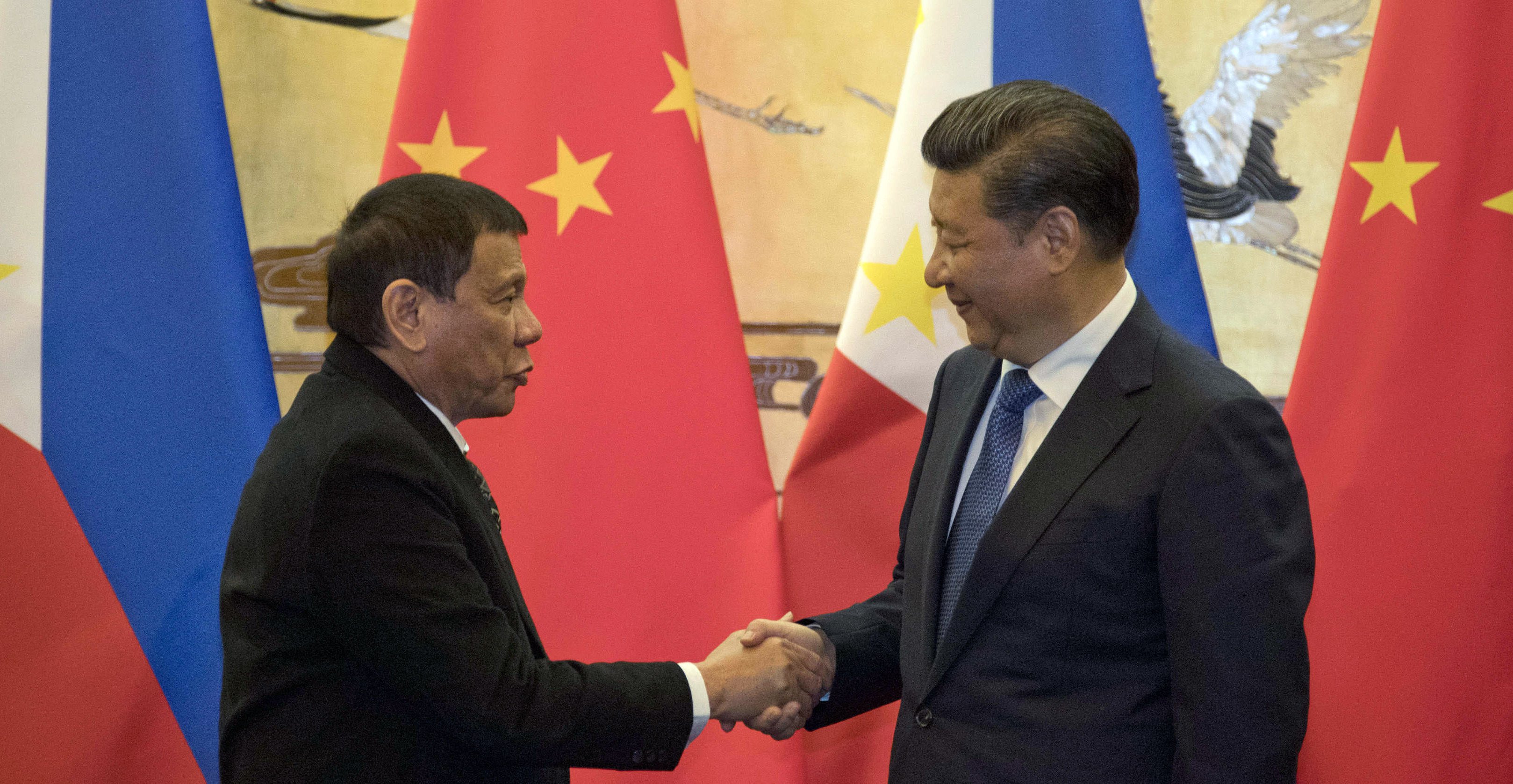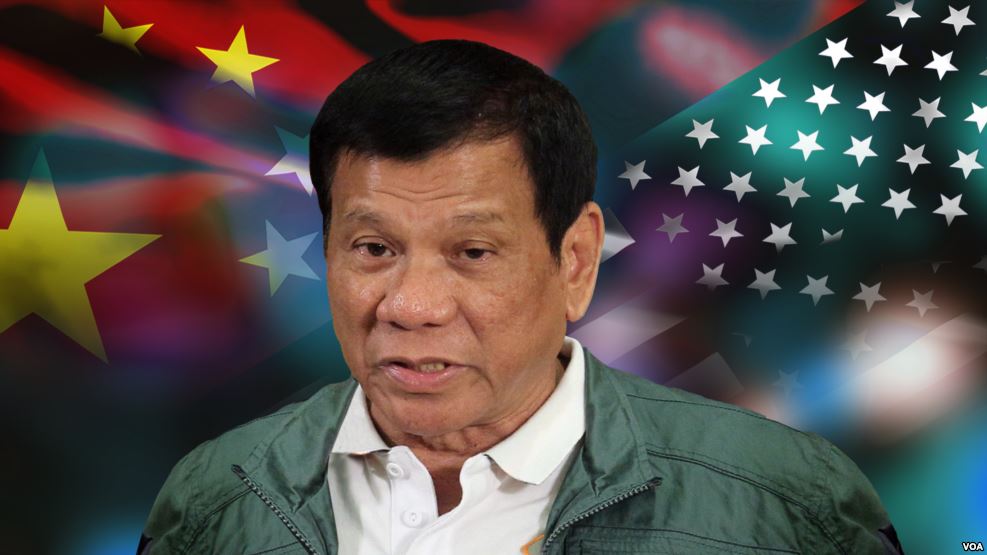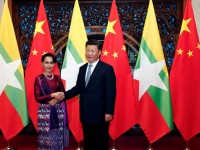
Lucio Blanco Pitlo III, President of Philippine Association for Chinese Studies, and Research Fellow at Asia-Pacific Pathways to Progress Foundation
Nov 16, 2016
Under Duterte’s administration, the Philippines are moving toward major policy shifts, particularly in regards to U.S. and China relations. China is an emerging outbound investor with a demonstrated financial, technological, and engineering capacity to accomplish major infrastructure projects, such as railways, which can have a transformative impact on Philippine economic development. The U.S. has become a quieter ally in the region, and other regional states have long been diversifying both their economic and security partners to spread risk and to avoid getting entangled in big power tussles. Duterte is following these initiatives now, as well.

Richard Javad Heydarian, Professorial Chairholder in Geopolitics, Polytechnic University of the Philippines
Oct 26, 2016
Philippine President Rodrigo Duterte’s emerging foreign policy is a cocktail of reckless rhetoric and shrewd strategic calculus. The Duterte administration has made it clear that bilateral relations with America are no longer as special as before; it is simply interested in having beneficial relations with all superpowers without any preferential treatment.

Wang Yusheng, Executive Director, China Foundation for Int'l Studies
Oct 17, 2016
The rise and posture of the Philippines president is not an unpredictable eruption but the natural evolution of a changing global environment, and the result will be a more balanced and safer regional order.
Lucio Blanco Pitlo III, President of Philippine Association for Chinese Studies, and Research Fellow at Asia-Pacific Pathways to Progress Foundation
Oct 17, 2016
Track II diplomacy’s results remain mixed, but it takes only one successful attempt to provide concrete and specific agenda items for formal talks. It is within this lens that the Ramos-Fu August 2016 meeting in Hong Kong could be appreciated.
Fidel Ramos, Member, ASEAN Eminent Persons Group
Oct 13, 2016
Three months ago, the Permanent Court of Arbitration in The Hague ruled that there was no legal basis for China to claim historic rights to the resources in the West Philippine Sea (also known as the South China Sea), and thus that the Philippines has exclusive rights to the territory. China rejected the ruling, and an icy chill overcame the once-friendly bilateral relationship. It is time to bring back some warmth.
Erin Murphy, Founder and Principal, Inle Advisory Group
Sep 12, 2016
If the U.S. and China’s stated goals in both the G20 and the EAS hold true, Southeast Asian countries stand to benefit greatly. As is readily apparent in Myanmar, countries in the region no longer desire to be pawns in a geopolitical economic game, but rather collaborative partners to ensure fair benefits.

Song Qingrun, Associate Professor, China Institutes of Contemporary International Relations
Sep 06, 2016
The three countries must identify areas of cooperation in Myanmar, such as investment, public service projects among others, and foster a viable cooperation mechanism where interests are shared, risked are distributed. A non-competitive approach will contribute to the economic prosperity of Myanmar and the well-being of its people, and will meet the interests of the three countries and the region at large.
Tara Davenport, Non-resident Fellow Fulbright Scholar, Yale Law School
Jul 29, 2016
An EEZ claimed from the Spratly Islands as a unit could re-invigorate tensions between the two super-powers on the legality of military activities in the EEZ. China should carefully consider the long-term ramifications of a straight baseline declaration, not only in terms of its legality but also in terms of the impact it could have on an already volatile situation.
Yu Sui, Professor, China Center for Contemporary World Studies
Jul 25, 2016
China’s advocacy of win-win cooperation marks the extension of its development philosophy to the rest of the world. Returning good for good and making concerted efforts to overcome difficulties are the spiritual mainstays of win-win cooperation and the soul of the new type of international relationship.
Yin Chengde, Research Fellow, China Foundation for International Studies
Jul 20, 2016
China’s sovereignty over the South China Sea and adjacent waters is a reasonable, legitimate historical fact that can’t be denied by any party, any means. It is utterly groundless to accuse China of violating international law, and the US-inspired tribunal merely increases tension to no purpose.